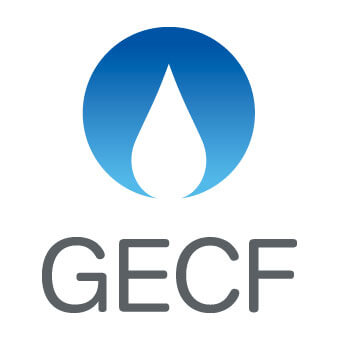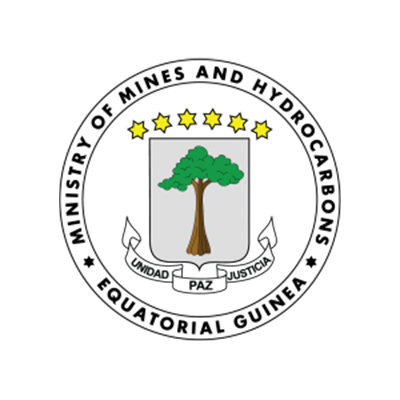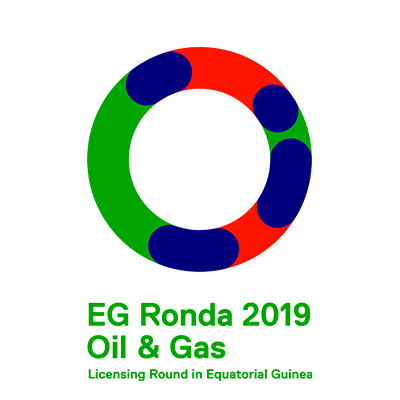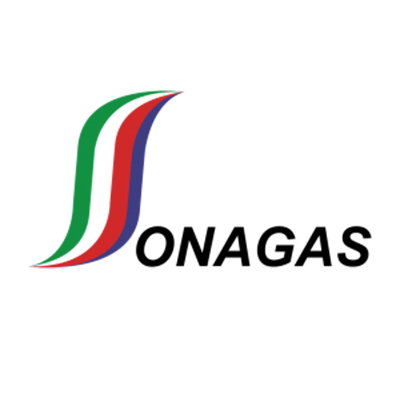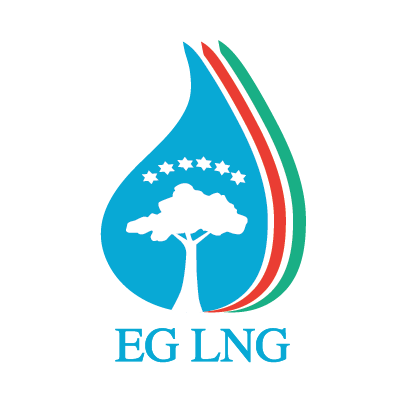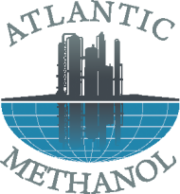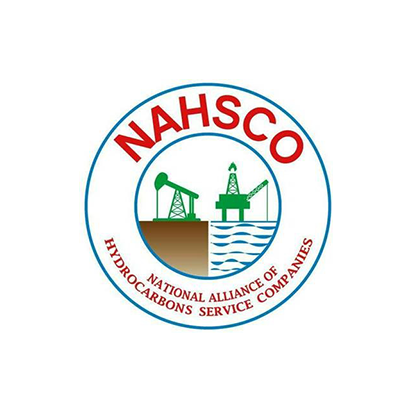About the 5th GECF Summit of Heads of State and Government and the GECF 2nd International Gas Seminar
Equatorial Guinea hosts the 2019 meeting of the Gas Exporting Countries Forum, featuring ministers and heads of state from all GECF nations. The GECF and Year of Energy present the 2nd International Gas Seminar as part of the 5th GECF Summit of Heads of State and Government. The seminar includes sessions and presentations from public and private sector gas sector leaders from across the spectrum of natural gas operations, and from across the globe.
Program
Speakers
-
07:45 – 08:45
Registration and Coffee
-
08:45 – 09:00
Opening speeches and keynotesH.E. Gabriel Mbaga Obiang Lima, Minister of Hydrocarbons, Equatorial Guinea, and Chairman GECF Extraordinary Ministerial Meeting; H.E. Yury Sentyurin, Secretary General, GECF
-
09:00 – 09:15
Presidential KeynoteH.E. Teodoro Obiang Nguema Mbasogo, President, Equatorial Guinea
-
09:15 – 10:30
Panel: Unconventional Natural Gas — From disrupting force to stable realityTechnological advancements in hydraulic fracturing and horizontal drilling have transformed the oil and gas industry and impacted the overall dynamic of the markets. Now, unconventional resources around the world, once deemed economically unrecoverable, are open for exploration and development, representing both challenges and opportunities for the industry as a whole, as the market adjusts to greater production volumes and new discoveries come into play. Resources like shale, tight gas, coal bed methane and methane hydrates, initially seen as a disrupting force for the industry, are transforming economies, creating new value and adding to downstream development.
-
10:30 - 10:50
Networking Break
-
10:50 – 12:05
Panel: Connected to Consumers — Trade potential, the state of gas infrastructure and virtual pipelinesNatural gas has a vital role in the development of the global economy. Historically, however, the difficulty in connecting natural gas to consumers has been a deterrent to the monetization of natural gas. Still today, stranded gas reserves are flared at an alarming rate or left unrecovered. But new technologies, from Liquefied Natural Gas to Compressed Natural Gas, are changing the viability of natural gas reserves and connecting to more consumers than ever before. From virtual pipelines to traditional gas infrastructure, a wide range of development options exist to connect consumers with each project.
-
12:05 – 14:00
Lunch
-
14:00 – 15:15
Panel: Digitization - A transformative approach to production and efficiencyThe oil and gas price crash of 2014 accomplished at least one important thing: a renewed emphasis on digitization and efficiency. As the industry made cuts and tried to do more with less, the importance of creating true efficiencies throughout the value chain and digitizing processes from the home office to the oilfield became increasingly apparent. Automation can not only improve the bottom line, but also increase safety in dangerous situations. From big data to control systems and maximizing asset and well integrity to cutting out redundancies in a global workforce, digitization is an imperative to operating in a high-risk, high-cost industry.
-
15:15 – 16:30
Panel: Monetization of Natural Gas — Prospects for creating valueThe world’s natural gas resources have the potential to transform the global economy — providing answers on long-term energy security, power generation and economic diversification. Liquified natural gas, gas to liquids technologies and compressed natural gas, as well as advancements in gas-to-power using high voltage direct current have resulted in gas making up a record 23.4 percent of global primary energy consumption. But there are still many challenges, including severe infrastructure deficits, setting pricing and tariffs that encourage development, and the implementation of attractive regulatory regimes for attracting investment.
-
16:30 - 16:50
Networking Break
-
16:50 – 18:00
Panel: Natural Gas, Energy and Meeting Sustainable Development GoalsNatural gas has a critical role to play in meeting the United Nations’ Sustainable Development Goals and the clean energy goals set by the Paris Agreement from the United Nations Framework Convention on Climate Change, as well as achieving long-term energy security. The development of electricity throughout the world is a crucial step in achieving economic parity, creating jobs and improving social equality. The world’s abundance of natural gas — a much cleaner alternative to oil and coal — can not only be used as a fuel source for traditional on-grid applications and as a solution for renewables’ intermittency problems, but can also be connected to remote consumers as a source clean fuel for a variety of applications, including cooking.
-
18:00 – 18:10
Closing Remarks
H.E. Mustapha Guitouni
Minister of Energy
Algeria
H.E. Luis Alberto Sanchez Fernandez
Minister of Hydrocarbons
Bolivia
H.E. Eng. Tarek El Molla
Minister of Petroleum and Mineral Resources
Egypt
H.E. Gabriel M. Obiang Lima
Minister of Mines and Hydrocarbons
Equatorial Guinea
H.E. Bijan Namdar Zanganeh
Minister of Petroleum
Iran
H.E. Mossa Elkony
Vice President of the Presidency Council
Libya
H.E. Dr. Emmanuel Ibe Kachikwu
Minister of State for Petroleum Resources
Nigeria
H.E. Saad Sherida al-Kaabi
Minister of State for Energy Affairs
Qatar
H.E. Alexander Novak
Minister of Energy
Russia
H.E. Senator the Honorable Franklin Khan
Minister of Energy and Energy Industries - President of MM
Trinidad and Tobago
H.E. Suhail bin Mohammed Faraj Faris Al Mozrouei
Minister of Energy
United Arab Emirates
H.E. Manuel Salvador Quevedo Fernández
People's Minister of Petroleum
Venezuela
